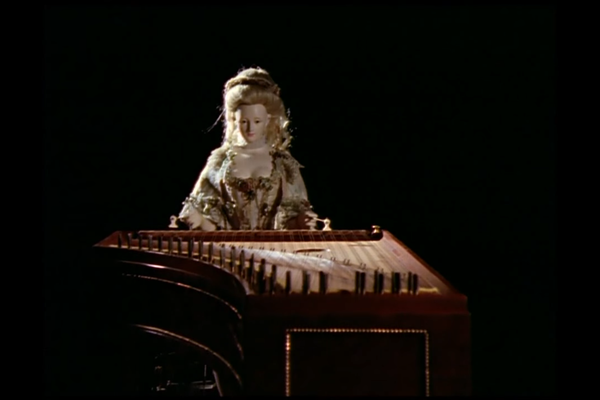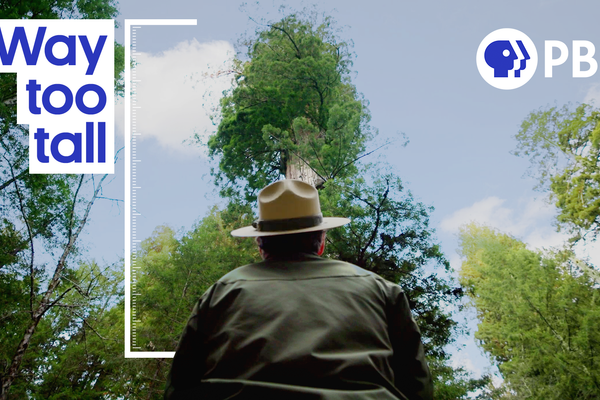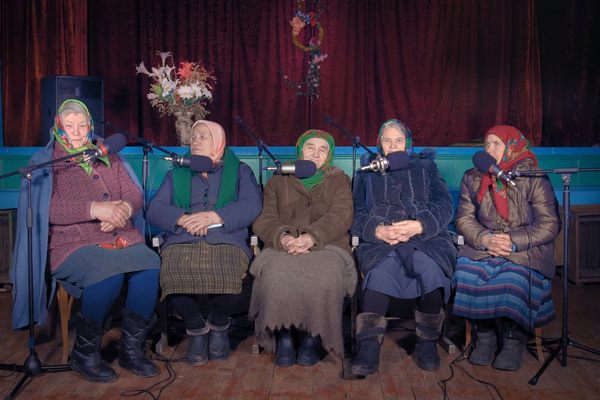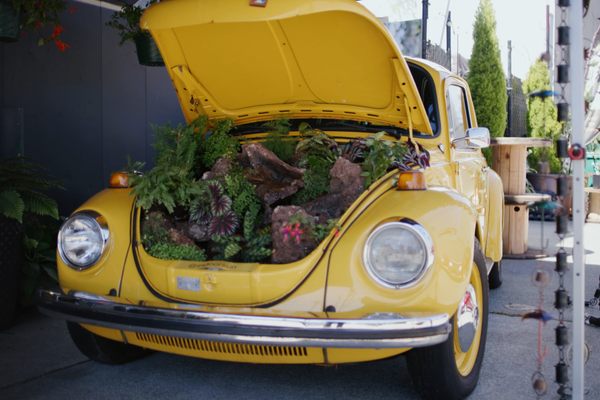The Self-Playing Violins That Mastered Chopin
The robotic Phonoliszt-Violin was dubbed the “Eighth Wonder of the World” in 1910.
Meet the Hupfeld Phonoliszt-Violin: the 1907 violin-piano combo that literally played itself.
A creation of the Hupfeld Company, at the time the largest global distributor of automatic instruments with an employee count reaching into the thousands, the creation capped off a growing trend to automate increasingly complex musical instruments. Though player pianos had already attained widespread usage, the Phonoliszt-Violin was revolutionary for its addition of a self-playing violin component, earning it the title of “Eighth Wonder of the World” at the 1910 Brussels International world’s fair.
The machine features three violins, which are played by a spinning bow made of horse hair and operated via a pneumatic system. The above restoration can be seen performing Fréderic Chopin’s Nocturne Op. 9, No. 2 in E flat major—an incredible feat for an automated system.
The antique seller 1stdibs.com notes:
Remarkably, both the piano and the violins are dynamic, allowing for a previously unheard of range of volume and tone. From the most delicate pianissimo to a crashing fortissimo, this unparalleled instrument has the ability to render musical pieces with all of the skill and vigor of a real musician.
During the machine’s heyday, the Hupfeld Company developed around 900 different music rolls for it. They sold thousands of the Phonoliszt-Violin, mostly to opulent hotels and restaurants that used them for background entertainment.
But by the mid 1920s, the popularity of automatic instruments cratered as phonographs and radios spread throughout the world. The Phonoliszt-Violin, like all Hupfeld Company instruments, took a hit. After the Great Depression struck, production essentially shut down.
Today, only 63 still exist. And accompanying the rarity is a hefty price tag: the starting price for a Hupfeld Phonoliszt-Violin on 1stdibs is $885,000.
Video Wonders are audiovisual offerings that delight, inspire, and entertain. Have you encountered a video we should feature? Email [email protected].



























Follow us on Twitter to get the latest on the world's hidden wonders.
Like us on Facebook to get the latest on the world's hidden wonders.
Follow us on Twitter Like us on Facebook